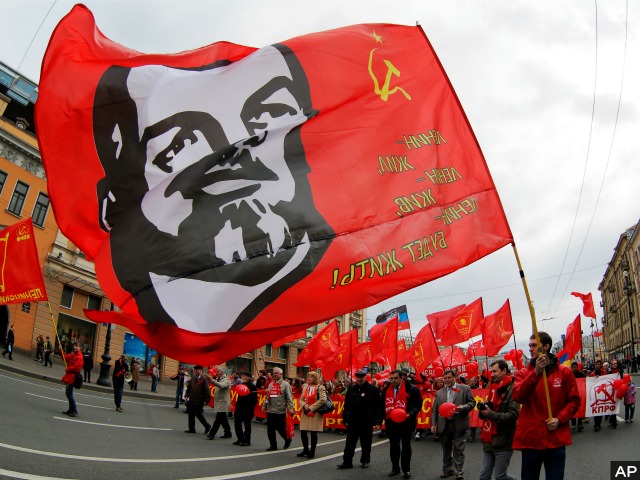
Stanislav Shushkevich, former head of state of Belarus, helped officially end the Soviet Union in 1991, but he feels the USSR is making a comeback. Ex-Soviet leaders lead the old Soviet states and there is corruption everywhere, especially in Belarus.
“What we see now is the restoration of Soviet order, in Belarus most of all,” he said. “Look what happened in Ukraine. It was just the same as in Soviet times in 1990 when they tried to restore control over the Baltic republics with special services. It’s all a play by Russian special services. And in Belarus it’s just like Soviet order, collective farms, it all works like a Soviet regime.”
In November, Russia-backed President Viktor Yanukovych chose closer ties to and a bailout from Moscow over a trade deal with the European Union. It is common for Russia to be aggressive towards any ex-Soviet state that wants to link to the West. Parliament ousted Yanukovych on February 22 and Russia immediately moved in. Moscow invaded and eventually annexed Crimea from Ukraine and state owned gas company Gazprom is still using gas as a political tool.
But some do not need hostility from Russia. From The Guardian:
Belarus is not alone in finding that Soviet habits die hard. The five central Asian republics have made scant progress towards democratic reform in the two decades since independence. Three – Kazakhstan, Tajikistan and Uzbekistan – are still led by Soviet era communist party bosses. Azerbaijan is run by a family dynasty, Turkmenistan by a despot who took over from another despot.
Apart from the Baltic troika, which are now part of the EU, the countries with the best records in holding democratic elections are Ukraine, Georgia and Moldova. All have lost chunks of their territory to pro-Russian separatists.
But there is a rumble in Georgia. In 2008, Russia invaded Georgia and left with two breakaway regions: Abkhazia and South Ossetia. Moscow recognizes these regions as independent, even though the majority of the world does not. On May 27, protesters stormed into the pro-Russian Present Aleksandr Ankvab’s building and parliament ousted him on June 1. The new presidential elections are scheduled for August 24. Georgia said they will sign a European Union trade deal on June 27 despite unspecified warnings from Russia.
Shushkevich is not the only former leader who sees a potential comeback by the USSR. Former Georgian Prime Minister and representative to NATO Ambassador Grigol Mgaloblishvili told Breitbart News “that Russia intends to cripple much of Eastern Europe to maintain it in a state of ‘constant chaos’ that it can can control the region.”
“The main objective of Russia is to regain its sphere of influence over the post-Soviet states,” he said. “After violating international law, after invading and occupying territories of European nations and violating the basics principles and consensuses of the post-Cold War order, Moscow has not paid any political price.”
Moldova, the poorest nation in Europe, is going to sign the trade deal on June 27 and they have to deal with Transniestra, a breakaway region that wants to join the Russian Federation. Moldova is also facing warnings from Russia, but they believe a deal with the EU will help their economy more.
Belarus is opting for closer ties to Russia by forming the Eurasian Economic Union with Russia and Kazakhstan. Russian President Vladimir Putin claims the group is “creating a powerful and attractive center of economic development, a major regional market bringing together 170 million people.” Armenia and Kyrgyzstan plan to enter the Customs Union with the three countries by the end of the year.

COMMENTS
Please let us know if you're having issues with commenting.